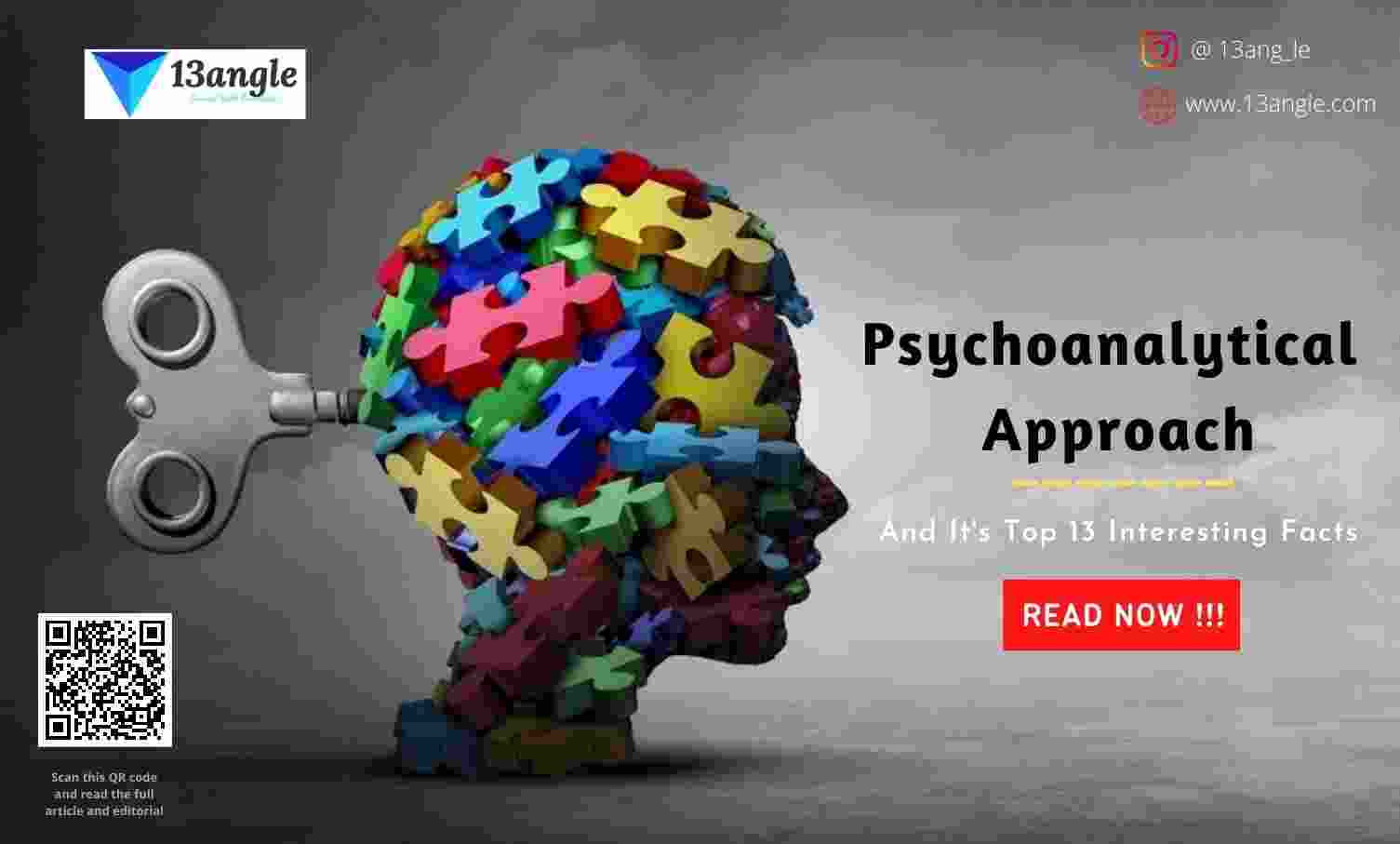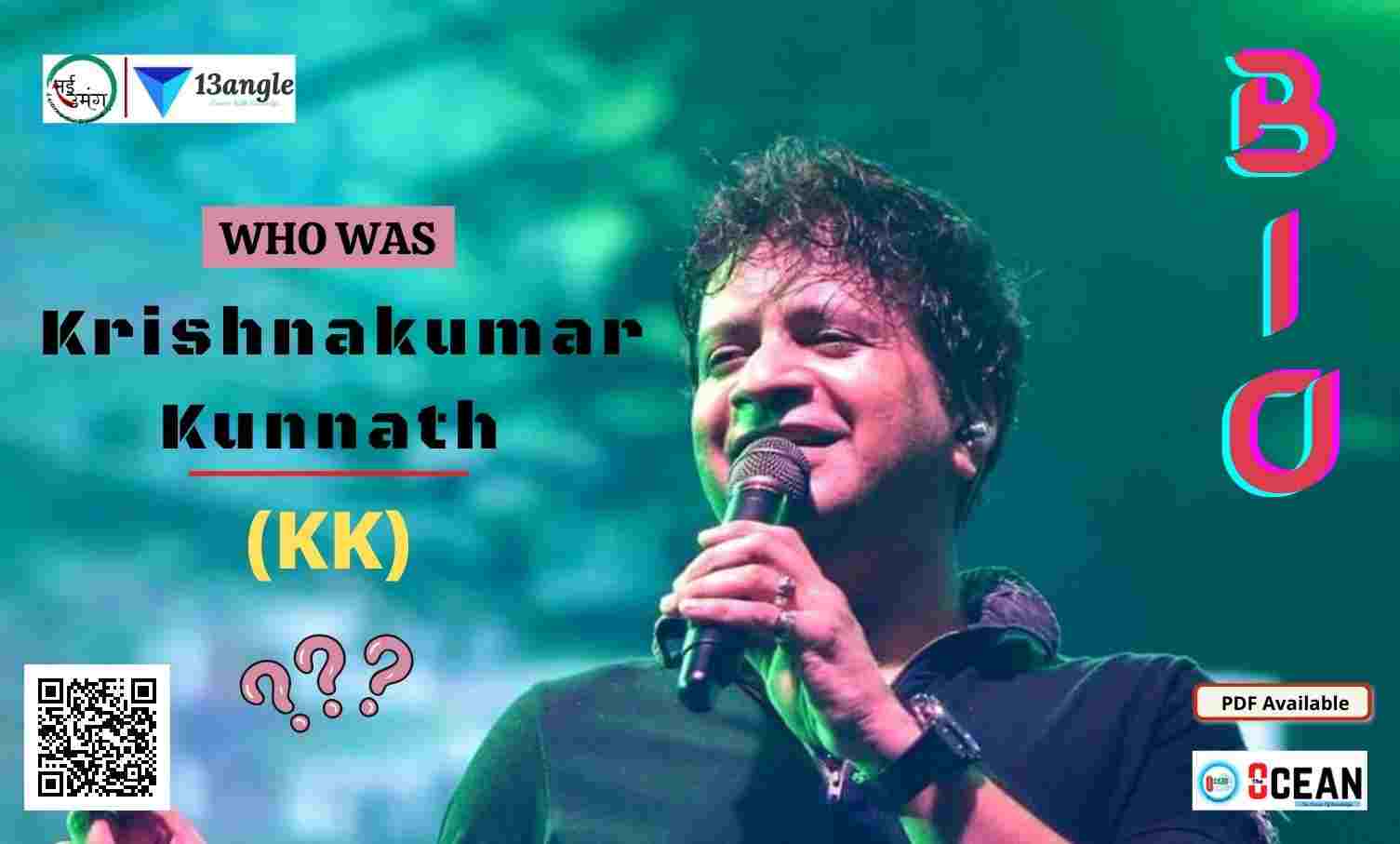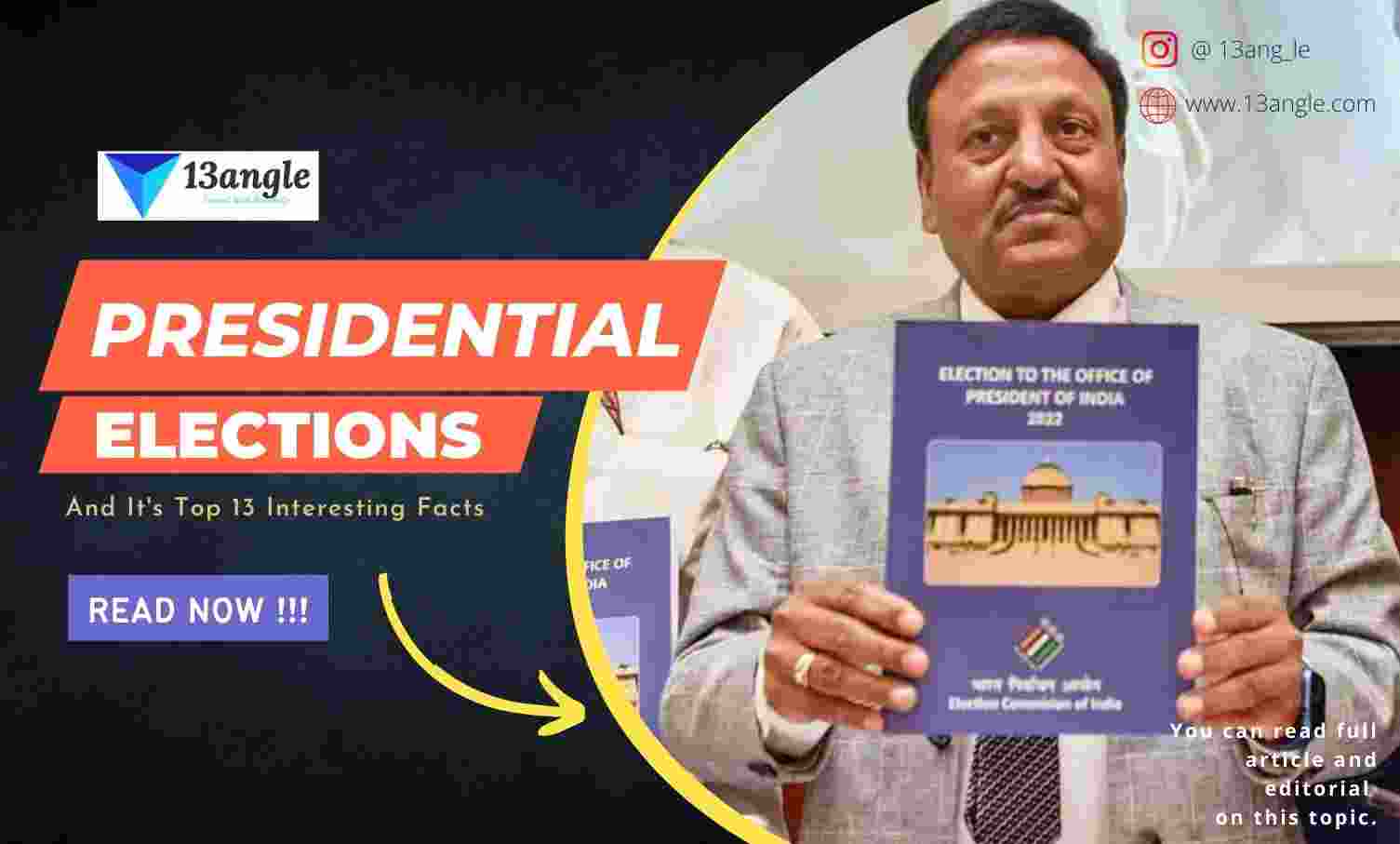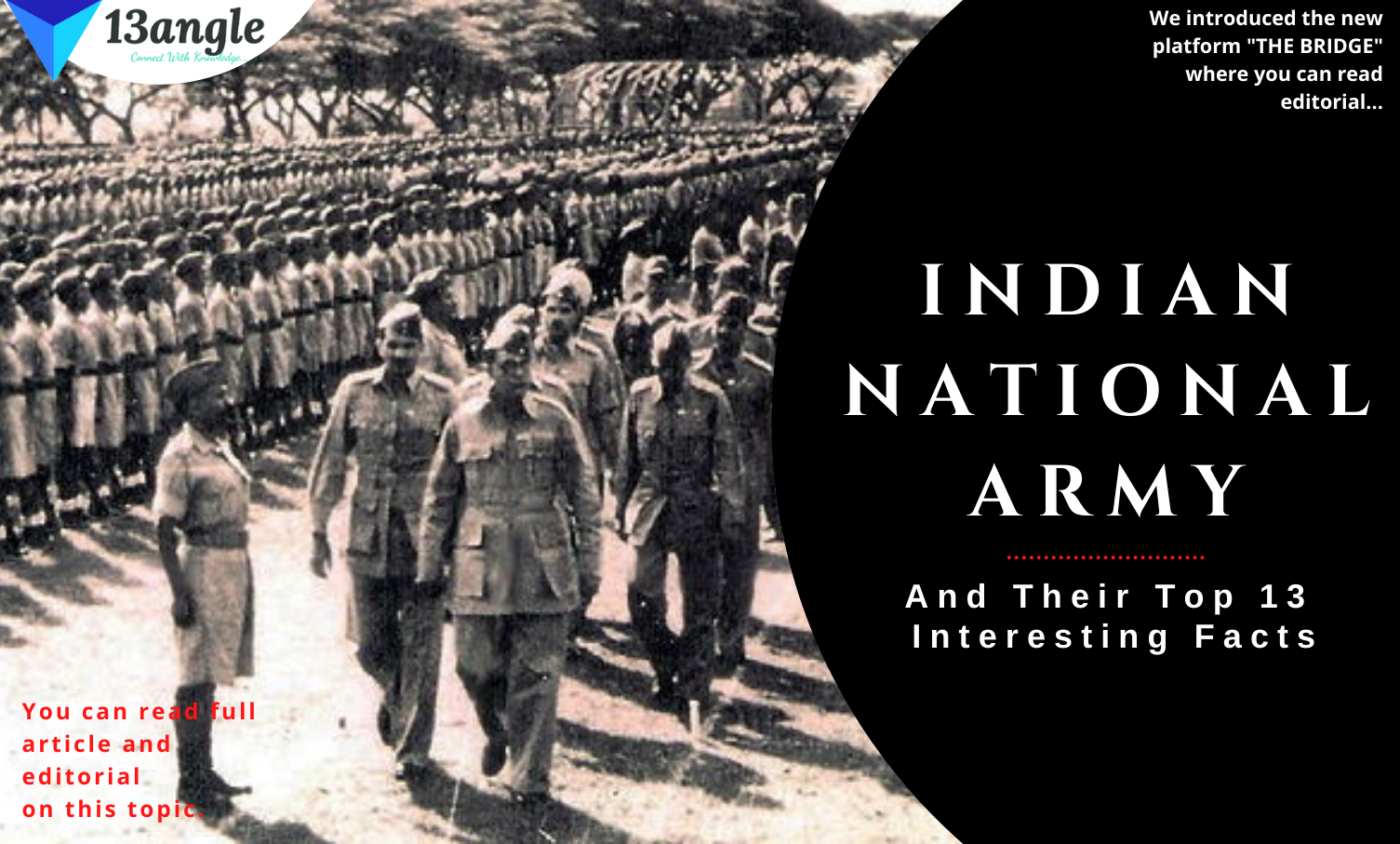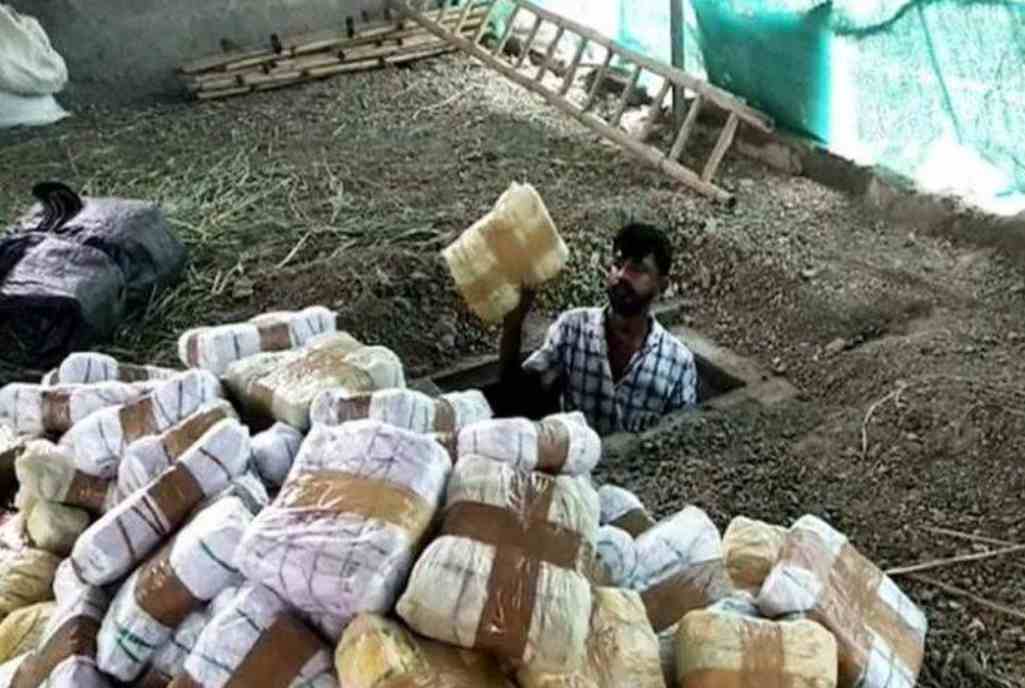
Introduction
Chronic drug use has turned into a pattern in the cutting-edge world and has infringed upon all aspects of the world. To check this hazard, Narcotics Control Bureau (NCB) was established in 1986 with an undertaking to battle drug dealing and the utilization of unlawful substances. Regardless of it, unlawful utilization of medications has been in full fledges in our nation and the most recent blow on it was the contribution of Indian Film Industries in a medication outrage and chronic drug use. This article endeavors to decipher the sandalwood drug racket that was busted half a month back in Bengaluru, Karnataka, and furthermore examinations the regulations and administrative bodies made to control it. The article additionally illuminates the World Drug Report 2020 distributed by the United Nations Office of Drug and Crime (UNODC). The creator additionally explains the arrangements embraced by various countries to battle this hazard and simultaneously attempts to suggest a few approaches which the Indian government ought to take on to stop substance addiction.
Throughout the most recent couple of weeks, the Karnataka Police have captured a lot of individuals, including some Kannada entertainers, and brought others from the entertainment world, otherwise called ‘Sandalwood’, regarding a medication selling case. Up until this point, the Central Crime Branch (CCB) of Bengaluru police has captured entertainers Ragini Dwivedi and Sanjjanaa Galrani and addressed Diganth Manchale and their spouse Aindrita Ray, Akul Balaji, and Santosh Kumar. The CCB has additionally named Aditya Alva, child of late clergyman Jeevaraj Alva and brother by the marriage of Bollywood entertainer Vivek Oberoi, as well as filmmaker Shiva Prakash in its FIR.
History

The CCB heightened its examinations after the Narcotics Control Bureau (NCB) captured three people supposedly providing medications to artists and entertainers in the entertainment world on August 28. The Bureau guaranteed the racket, running starting around 2015, was helmed by Bengaluru-based Anikha Dinesh who was helped by Anoop Mohammed and Rijesh Ravichandran from Kerala. Enormous amounts of Ecstasy pills and LSD blotches worth Rs 20 lakh were recuperated from a loft in Bengaluru. The NCB claimed that Anoop Mohammed was related mind.
The CCB captured the 30-year-old entertainer on September 4 on accused of the relationship of a worldwide medication selling racket that rotated around providing hallucinogenic medications to clients at expensive occasions and rave parties. Dwivedi’s capture followed an inquiry at her home and expanded addressing of the entertainer, who had prior neglected to answer to a police notice to show up before the CCB on September 3. That very day, they captured Ravi Shankar, a representative of the state territorial vehicle association who was purportedly connected with Dwivedi.
On 21 August, the Narcotics Control Bureau (NCB) attacked Nikoo Homes, an upscale gated local area in Bengaluru. During the pursuit, they held onto 96 pills of MDMA, weighing 40 grams, and 180 LSD blotches. They likewise held onto a journal from one of the great blamed, Anikha D, which supposedly contains the names of 15 superstars – including entertainers, performers, models, and unscripted television entertainers – from Karnataka.
Simultaneously, Bengaluru police’s CCB had likewise held onto a huge amount of pot. While examining the denounced, the CCB discovered that Ravi Shankar, an agent at the Regional Transport Office in Jayanagar, was supposedly engaged with securing drugs and used to go to top-of-the-line rave parties in Bengaluru.
Initial Investigation
On 3 September, the CCB captured Ravi Shankar. In the wake of addressing him for six hours, police held onto his cell phone and found photographs and other proof about individuals who went to these gatherings with him.
In the FIR that followed, the police have named 12 charged, including Bollywood star Vivek Oberoi’s brother by marriage Aditya Alva. As indicated by the police, those named in the FIR are important for an organization of individuals who coordinated parties where medications were provided.
The other denounced referenced in the FIR incorporate Prashanth Ranka, who is blamed for providing drugs at huge gatherings; Viren Khanna, who is blamed for getting sorted out the medication parties; and Rahul, who is blamed for obtaining drugs from merchants.
The FIR likewise specifies the names of Vaibhav Jain, Prashanth Raju, Ashwin, Abhiswami, Rahul Thonshe, and Vinay, be that as it may, their part for the situation has not been unveiled by the CCB.
The denounced have been reserved under Sections 21C, 27B, 27A, 29, 21 of the Narcotic Drugs and Psychotropic Substances Act, and furthermore for the criminal scheme.
Source Of The Drugs
The CCB, on 5 September, captured Loum Pepper Samba, an African public, who was purportedly providing medications to the blamed. Samba’s capture depended on data given by Ravi Shankar, who was captured during a prior narcotics seizure.
Ravi Shankar supposedly professed to host obtained get-together medications from Samba. Ravi Shankar is likewise purportedly a companion of entertainer Ragini Dwivedi. Many pictures and recordings have surfaced in the media that show Ragini and Ravi at different gatherings.
NDPS Act, 1985 And Its Applications In Present Case
Opiate Drugs and Psychotropic Substances (NDPS) Act which supplanted the prior Dangerous Drugs Act, 1930 was instituted in 1985. The NDPS Act puts a “limitation upon development, creation, deal, buy, ownership, use, utilization, import, and product of opiate drugs and psychotropic substances with the exception of when they are utilized for a logical reason or clinical use.” It was sanctioned to satisfy India’s arrangement commitments to the three of United Nations’ medication Conventions specifically Single Convention on Narcotic medications (1961), Convention on Psychotropic Substances (1971), Convention against Illicit dealing Narcotic Drugs and Psychotropic substances (1988).
The system to be continued if there should arise an occurrence of any inquiry or seizure or capture of any individual who is charged under the arrangements of this act is set down under Chapter V of the NDPS Act. The Act since its order has been revised multiple times with the most recent change made in 2014. The principle objective behind each correction was to make the demonstration tougher to teach a sensation of prevention in the brain of the blamed.
The denounced in the current case were charged under Sections 21, 21C, 27A, 27B, and 29B which set down Punishment for negation according to fabricated medications and arrangements, Punishment for utilization of any opiate drug or psychotropic substance, and Punishment for abetment and criminal connivance.
World Drug Report 2020
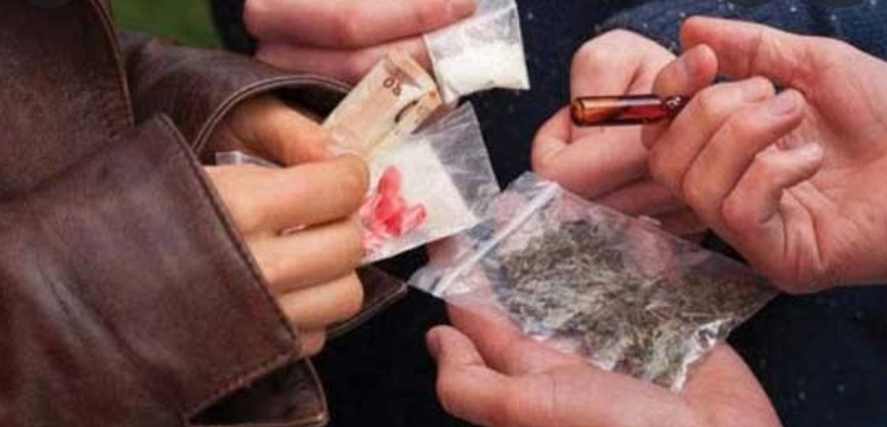
As per the World Drug Report 2020 distributed by the United Nations Office of Drug and Crime (UNODC), India is one of the significant centers of unlawful medication exchange going from age-old pot to fresher medications like tramadol and fashioner drugs like methamphetamine.
Drug use has been on the ascent all over the planet, as far as both generally speaking numbers and the extent of the total populace that utilizes drugs. In 2009, the assessed 210 million clients addressed 4.8 percent of the worldwide populace matured 15-64, contrasted and the assessed 269 million clients in 2018, or 5.3 percent of the populace.
Policies Adopted By Different Nations To Tackle The Menance
To limit the utilization of medications and to cause individuals to understand the unsafe impacts of medication utilization and dealing, the Ministry of Home Affairs in 2018 coordinated a National Conference on Drug Law Enforcement. Moreover, the Punjab Cabinet in 2018 likewise chosen to suggest capital punishment for drug dealers even in the principal example of conviction to the middle.
The ‘Battle On Drugs’ mission was begun by the leader of the Philippines because of which around a huge number of individuals have been killed who were associated with drugs. Although this mission was begun to forestall illicit drug use and medication dealing, it eventually expanded it.
We have a conviction that overwhelming crueler disciplines like life detainment or demise would teach a sensation of discouragement in the transgressor, however, going against the norm there are a couple of nations that have had the option to control illicit drug use to a huge termination by decriminalizing it. Portugal is one such country that decriminalized drugs in 2001 and this progression made Portugal the least medication dependent country in the European Union. It was a triumph on the grounds that the Portugal government rather than sending the blamed to prison, used to send them to rehabilitation clinics which at last was a superior and long-haul arrangement.
Conclusion
It is appropriate from the aftereffect of the mission that began in the Philippines that presenting more extreme disciplines to the denounced comes up short in controlling this hazard as well as adversely affecting the general public. Henceforth rather than giving capital punishment to the blamed, the public authority should zero in on bringing issues to light on drug-related hurts. Measures should be taken to mindful kids and youthful grown-ups since they are generally powerless against drug abuse. Moreover, as per a public overview done by the Pew Research Centre, 67% of Americas accepted that the public authority should zero in a larger number of on restoring drug addicts rather than rebuffing them.
Henceforth, the Indian Government ought to likewise zero in on setting restoration camp for such medication addicts and medication dealers which would guarantee a medication-free country in the lengthy run. For this, a specific level of cash ought to be allocated for setting such recovery camps consistently as the number of inhabitants in drug clients in India is exceptionally high and subsequently needs a meaningful measure of cash to restore them.
Another advance that the Indian government could take is to add more officials who can uphold regulations appropriately as explicit officials to take care of medication dealing will help in restricting the number of people associated with drug exchanging.
To the extent that the instance of the Bengaluru Sandalwood Drug Scandal is concerned, it is yet to be perceived the numbers of all the more high profile individuals are engaged with it. A high-ranking representative said that “It is a layered organization of individuals, who are important for the cartel of medications and prostitution” which hints at the chance of political contribution. This must be decoded as the examination encourages.
Top 13 Interesting Facts
A medication outrage is being uncovered by the Crime Branch authorities in Bengaluru, which has now prompted the capture of Kannada entertainer Ragini Dwivedi.
A lot more entertainers, performers, are under the police scanner, who has been by implication connected to the enormous medication racket.
The captures of three medication merchants had revealed that a few conspicuous artists, top entertainers, and offspring of VIPs had likewise associated with the medication racket.
Indrajit Lankesh is the sibling of writer Gauri Lankesh, who was shot dead external her home three years prior.
The veteran producer had asserted that there is a connection between the medication business and the sandalwood and a few entertainers consume prohibited substances at parties and furthermore conveyed them in their vanity sets during the shoot.
Big-name administrator Prashanth Sambaragi, who is more vocal about the drug mafia in Sandalwood, had also alleged that the medication racket in Sandalwood had associations with Karnataka political circles as well as Bollywood.
Sambaragi additionally referenced the association of a medication seller named Imtiyaz Khatri in the Sandalwood drug case.
Khatri is as of now under the focal point of CBI for purportedly providing medications to perished entertainer Sushant Singh Rajput.
Sambaragi had affirmed that Imtiyaz had facilitated his birthday get-together in 2017, where Bollywood stars like Sanjay Dutt and Salman Khan had joined in.
After the underlying examination, the Central Crime Branch (CCB) of Bengaluru on Friday captured entertainer Ragini Dwivedi and furthermore did a strike at her home regarding her association in the Sandalwood drug racket.
The name of Ragini came up after a Goa-based drug vendor Ahmed had admitted that he had provided medications to Ravi Shankar.
The Central Crime Branch (CCB) police have now booked 12 individuals regarding the Sandalwood drug mafia case.
All the accused have been booked under Sections 21, 21C, 27A, 27B, and 29B of the Narcotic Drugs and Psychotropic Substances (NDPS) Act, 1985.
